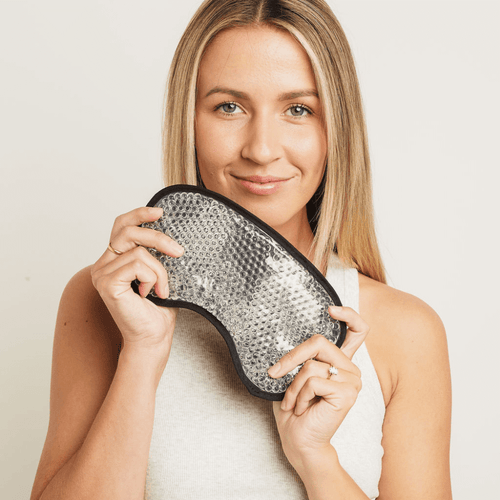We all know that exercise and a healthy diet are essential for maintaining a strong, healthy body. But did you know that sleep is just as important? That’s right, getting enough quality sleep plays an integral part in your overall health and well-being. Let’s explore why this is the case.

The Science of Sleep
Sleep is essential for our bodies to rest and heal after a long day. During this time, our brain cells repair themselves, allowing us to wake up feeling refreshed and ready to take on the world. It also helps regulate hormones, such as cortisol which regulates stress levels and leptin which controls appetite. In short, when we don’t get enough sleep it can have serious consequences on our physical health and mental wellbeing.
Sleep also helps support our immune system by creating more antibodies that fight off viruses and bacteria. Studies have shown that people who sleep less than 7 hours per night are three times more likely to catch a cold compared with those who get 8 hours or more of sleep each night! So if you've been feeling run down lately, it could be worth giving yourself some extra shut-eye each night to give your immune system the boost it needs
The Impact of Lack of Sleep
Not getting enough quality sleep can lead to mental health issues such as depression and anxiety. A lack of sleep can also impact cognitive performance throughout the day - making it difficult to concentrate on tasks or stay focused on conversations for prolonged periods of time. It can even lead to more accidents - studies show that drowsy driving causes more than 200 deaths each year in Australia alone. This is why it's so important to make sure we're getting enough good quality sleep every night - not only will you feel better physically but mentally too.
Tips for Getting Good Quality Sleep
Getting quality rest isn't always easy in today's world - especially if you're stuck inside with an illness or are isolating! But there are still plenty of ways you can make sure you're getting the rest your body needs each night.
Here are some tips to get you started, or read our ultimate sleep tip guide.
• Keep your bedroom dark while sleeping; even using dim lighting while winding down before bedtime can help prepare your brain for restful sleep
• Try not to spend too much time looking at screens right before going to bed; screens emit blue light which has been linked to poorer quality sleep
• Set yourself a regular bedtime routine and stick with it; consistency will help signal to your mind that it’s time for rest each night
• Exercise regularly throughout the week; physical activity helps us wind down from our daily lives and prepares us for a more relaxed state come bedtime
• Add calming activities like yoga or meditation into your routine; these activities help reduce stress hormones so that you drift off peacefully into dreamland
• Consider writing out any worries or anxieties before going to bed; this helps clear your head so that all you focus on is restful sleep
It’s clear from this research that getting enough quality sleep should be at the top of everyone’s priority list when it comes to their health and wellbeing! After all, without adequate rest our bodies won't function at their best - leading to potential physical ailments as well as poor mental health outcomes down the line. If you find yourself struggling with fatigue or feeling low throughout the day, try adding an extra hour or two of shut-eye into your evening routine - you might just find that it makes all the difference in how you feel! And remember: if possible, aim for 8 hours of good quality rest each night for optimal results.




















